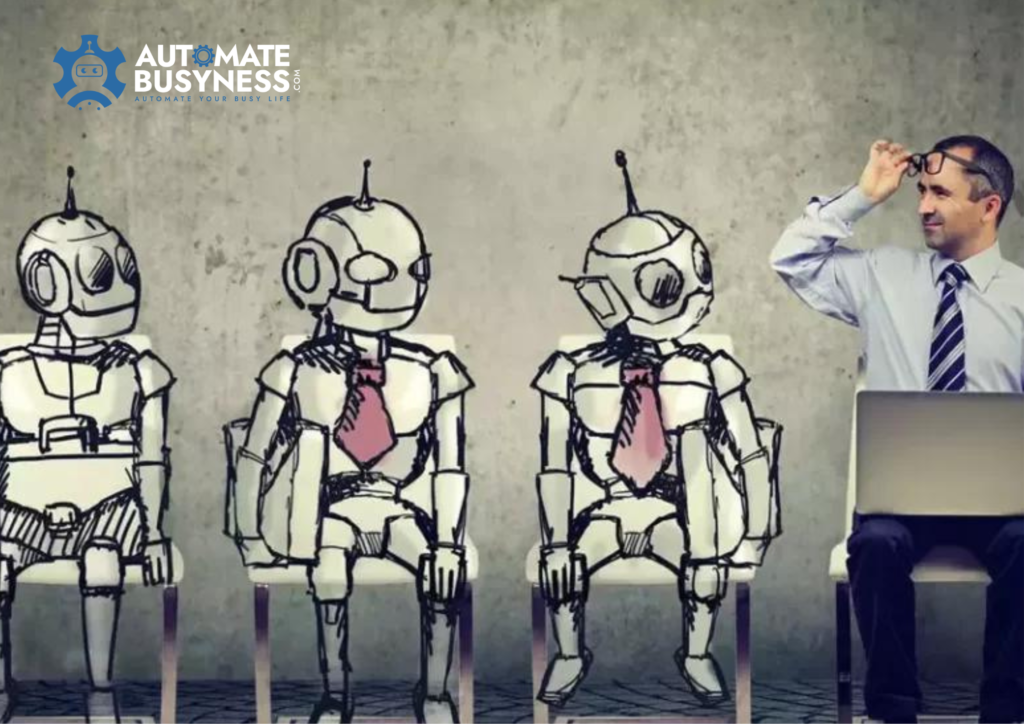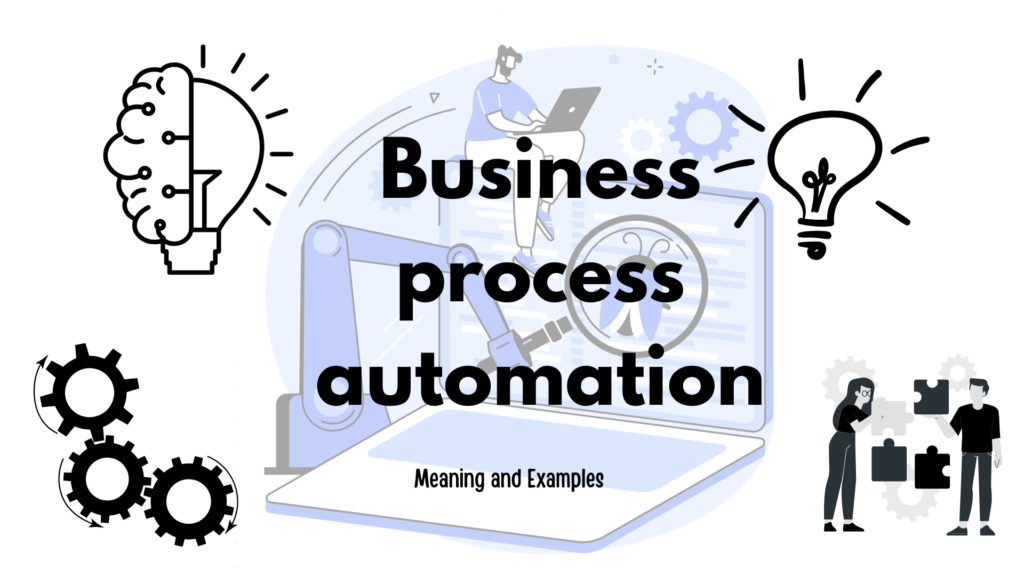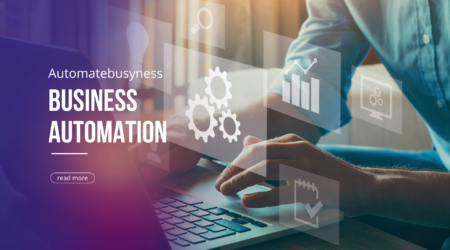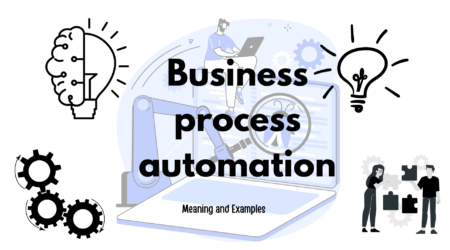Business automation- Making it simpler than ever for your team to execute orders and quickly finish projects, from boosting efficiency and production
The influence of automation on how organisations manage orders, finish projects, and provide customer service is already felt. the development of software robots that carry out the types of tedious activities that most people avoid using machine learning.
In addition to becoming capable substitutes for humans in these positions, robots can also do data input and simple processing tasks more rapidly. The best part is that when you automate your process, your staff have more time to work productively and are able to do their duties more successfully.
Machine Learning :
When machine learning is included, such automated features and functions may carry out logic-intensive tasks while also learning.

Automation and machines excel at logic-based jobs, but they are not the best choice for creative projects or problems that call for creative thinking.
Limitations With Automation :
Automation cannot offer any “outside the box” solutions, but it may identify and indicate tasks or procedures that need human involvement.
What Do Employees and Employers Need to Know About the Growing Interest in Business Automation?
Future Of Automation :
In the future years, automation will revolutionize the way we work and may possibly make some professions obsolete. While automation will have a greater influence on certain industries than others, it will also result in a decrease in the need for humans to do routine jobs and an increase in the demand for people with critical thinking and creative problem-solving abilities.
Each industry is unique, and some will be more severely affected than others:
Healthcare:
Automation and robots are already used for a variety of tasks, including training, processing patient data, and performing surgery. While the processing of insurance claims and the patient intake process will continue to benefit from automation, the nature of genuine patient care, which calls for compassion, wisdom, and even creativity, is unlikely to change anytime soon.
Entertainment :
Automation can be employed to do important duties, but it is neither imaginative nor forward-thinking. Computers dominate the real production processes for everything from video games to movies and television shows. Not the other way around, expect to see humans employing technology to create entertainment.
Services Industries:
Machines can do jobs and provide services in the service industry, but a real human is still the greatest at handling social and emotional aspects of a situation.
The human aspect is still required to bring everything together even if automation may be used to enter customer data, engage clients, and even guarantee that prospects receive the relevant papers and information when they are shopping around.
Insurance:
The insurance sector has already started to adopt automation for claims processing and input, and automated robots may soon start to outnumber human employees in some roles or departments. Robots can readily perform data input and related tasks, but real claim judgments will still need to be made by humans.
Accounting, Bookkeepers And CPAs :
These industries are already being replaced by automated software and solutions, making this sector of the economy possibly the worst impacted by automation. Automation is transforming both this sector of the economy and how we manage our own money.
Conclusion :
Every time a robot completes a work, it keeps track of the modifications and additional processes required to make the subsequent project or process even more efficient.
Although it also improves, an autonomous robot can learn to recognise problematic orders or interactions and prompt a human operator to step in or quarantine the order or data until it can.
ALSO READ
You may also like our other related articles on automation :








